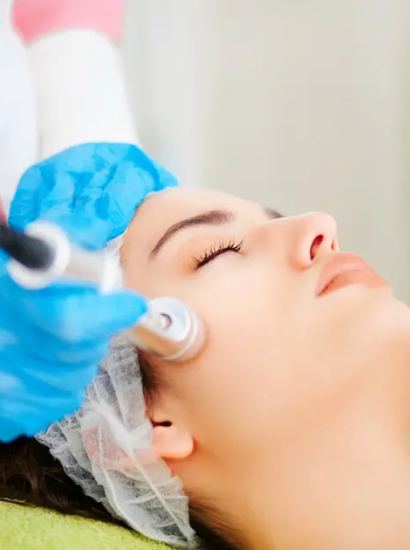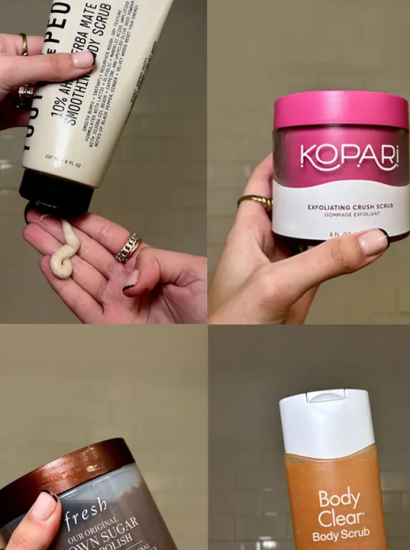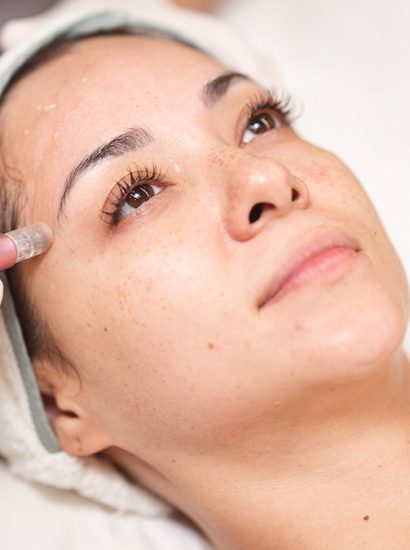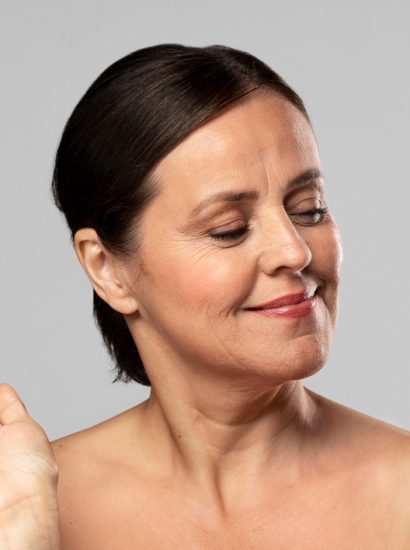In a world where beauty and ethics collide, cruelty-free skincare is gaining momentum as more consumers seek compassionate choices. But what does cruelty-free truly mean? Is it just a marketing buzzword, or does it hold deeper significance?
The truth is, cruelty-free skincare isn’t just about avoiding animal testing—it’s about supporting ethical brands, protecting innocent animals, and choosing products that align with humane and sustainable values. In this article, we’ll uncover the reality behind cruelty-free beauty, why it matters, and how you can make informed choices.
What Is Cruelty-Free Skincare?
Defining Cruelty-Free Beauty
Cruelty-free skincare refers to products that have not been tested on animals at any stage of production. This includes the individual ingredients, the formulation process, and the final product. Brands that are truly cruelty-free ensure that no animals suffer for the sake of beauty.
Understanding Certification Labels
Not all cruelty-free claims are reliable. Look for trusted certification labels from organizations such as:
- Leaping Bunny (Cruelty-Free International)
- PETA’s Beauty Without Bunnies
- Choose Cruelty-Free (CCF)
These certifications verify that brands adhere to strict animal-friendly standards. However, some companies might claim to be cruelty-free while still testing in certain countries where animal testing is required by law (such as China).
Cruelty-Free vs. Vegan: What’s the Difference?
Cruelty-free does not necessarily mean vegan. While cruelty-free products aren’t tested on animals, they may still contain animal-derived ingredients like honey, beeswax, or lanolin. If you want a completely ethical skincare routine, look for products labeled both cruelty-free and vegan.
Why Cruelty-Free Skincare Matters
Protecting Animals from Suffering
Every year, millions of animals suffer in laboratories for cosmetic testing. Rabbits, mice, and guinea pigs endure painful procedures, including chemical exposure and eye irritation tests. Choosing cruelty-free skincare helps end this unnecessary suffering and promotes alternative testing methods.
Encouraging Ethical Business Practices
By supporting cruelty-free brands, consumers push the beauty industry toward more humane and ethical standards. Companies are now investing in alternative testing methods like in-vitro testing and computer modeling, proving that innovation can exist without harming animals.
Better for Your Skin
Cruelty-free skincare brands often use cleaner, safer ingredients since they align with ethical values. Many of these products are:
✅ Free from harsh chemicals
✅ Made with plant-based, natural extracts
✅ Less likely to cause skin irritation
Since cruelty-free brands focus on gentle formulations, they’re often a great choice for those with sensitive skin or allergies.
Supporting a More Sustainable Planet
Cruelty-free beauty brands tend to adopt eco-friendly practices, reducing environmental harm. Many focus on:
- Sustainable ingredient sourcing
- Recyclable or biodegradable packaging
- Reducing their carbon footprint
By choosing cruelty-free skincare, you’re also making an impact on global sustainability.
How to Transition to a Cruelty-Free Skincare Routine
Check Your Current Products
Start by reviewing the products you already own. Use online databases like Cruelty-Free Kitty or PETA’s cruelty-free list to see if your favorite brands test on animals.
Look for Certified Logos
When shopping for new skincare items, check for trusted cruelty-free certifications. Brands that are truly cruelty-free will display these logos on their packaging.
Replace Products Gradually
There’s no need to throw away everything at once! Instead, replace products as you run out with cruelty-free alternatives. This makes the transition easy and budget-friendly.
Support Ethical Brands
Some amazing cruelty-free skincare brands include:
- The Body Shop
- Drunk Elephant
- Pacifica
- Herbivore Botanicals
- Biossance
By supporting these companies, you contribute to the demand for ethical skincare.
Common Myths About Cruelty-Free Skincare
Myth 1: Cruelty-Free Skincare Is Expensive
Not true! Many affordable cruelty-free brands, like e.l.f. Cosmetics and The Ordinary, offer budget-friendly options without compromising ethics.
Myth 2: Cruelty-Free Means Less Effective
Cruelty-free skincare often uses high-quality, plant-based ingredients, making it just as effective—if not more—than conventional products.
Myth 3: Animal Testing Is Necessary for Safety
With modern alternatives like 3D tissue models and computer simulations, animal testing is outdated and unnecessary for ensuring product safety.
Conclusion
Choosing cruelty-free skincare isn’t just about beauty—it’s about making a difference. By opting for ethical brands, you help end animal cruelty, support sustainable practices, and enjoy cleaner, safer skincare.
The power to create change lies in your hands (and your skincare routine!). Every purchase you make influences the industry, so why not choose compassion?
Are you ready to make the switch to cruelty-free beauty? Start small, check your labels, and explore ethical brands today!
FAQs
Is cruelty-free skincare suitable for sensitive skin?
Yes! Many cruelty-free brands focus on gentle, non-toxic ingredients, making them ideal for sensitive skin types.
How can I tell if a brand is truly cruelty-free?
Look for certified cruelty-free logos from organizations like Leaping Bunny and PETA, and research the brand’s testing policies.
Are cruelty-free products always vegan?
Not necessarily. Some cruelty-free products still contain animal-derived ingredients like beeswax. Always check labels if you want vegan options.
Why do some brands claim to be cruelty-free but sell in China?
China requires animal testing for imported cosmetics. If a brand sells in China but claims to be cruelty-free, it may still be involved in animal testing.
Can I find cruelty-free skincare in drugstores?
Yes! Many drugstore brands, like Burt’s Bees, NYX, and Wet n Wild, offer affordable cruelty-free skincare options.





